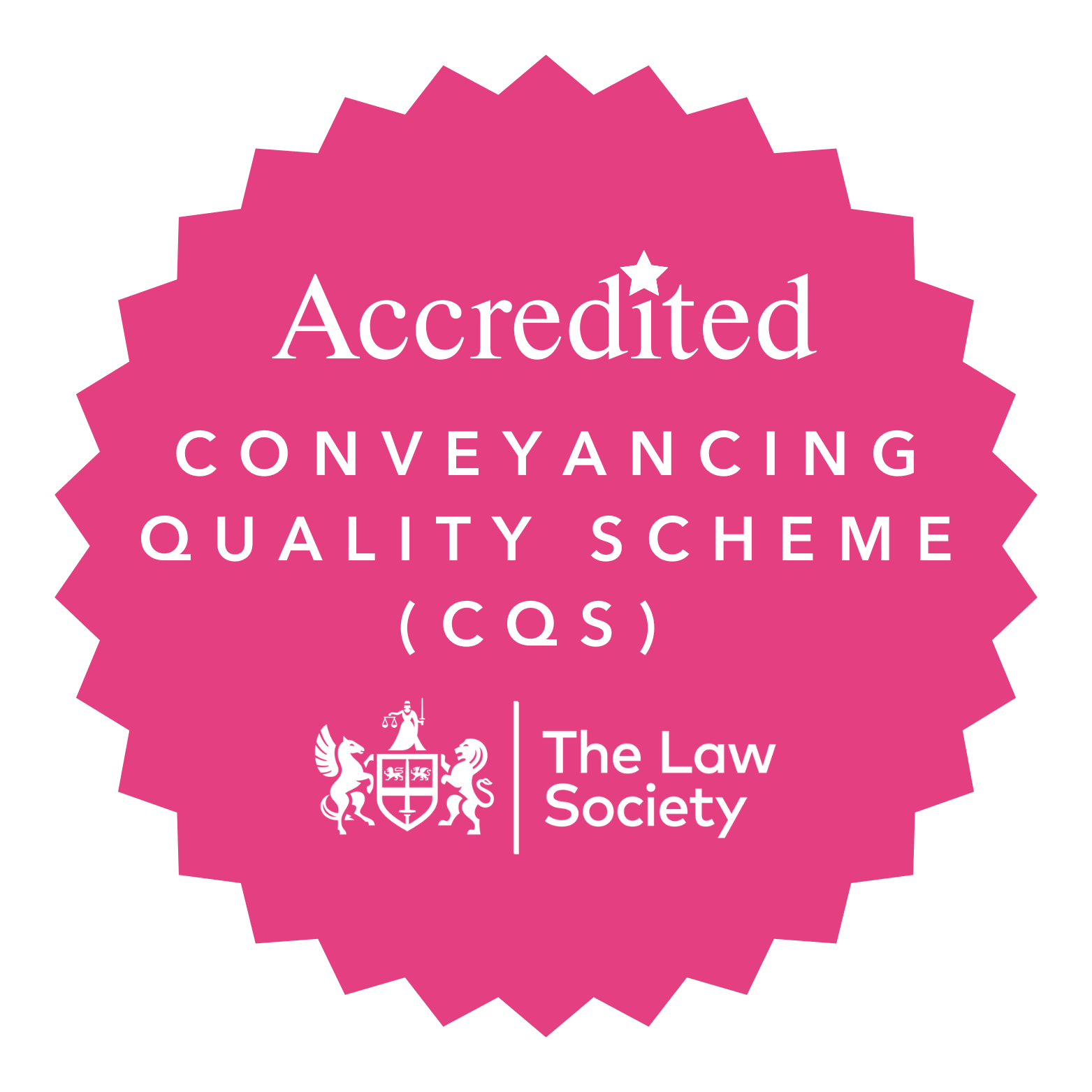It is becoming a depressingly familiar story. A family arriving at the dream holiday home they have booked and paid a rental fee for only to find the place locked up with no sign of the owner, or the keys. In some cases the holiday home may simply not exist.
Many families are finding that they have fallen risk to this type of scam in which fraudsters hijack the emails of villa owners who advertise online. The fraud tends to occur when renters contact the owner through the “inquire” page on a website at which point the scammer will intercept the request having already gained access to the owner’s email account. They then pose as the owner providing fake details and responding to enquiries and finally request that the payment be made direct into their bank account. Meanwhile the real owner will be unaware of this activity and may be wondering why they don’t have so many bookings as they used to.
Many booking sites are changing the way they operate to improve security, but there are some simple ways to avoid the scams:
1 The majority of frauds occur where owners advertise directly, so by booking a package with a tour operator you may reduce the risk of fraud.
2. If you do book online, speak to the owners if possible and quiz them about the area, local amenities, restaurants etc and make sure that you get the owner’s postal address. Try to check these details online to get further information or see any complaints.
3. Get the address of the villa and check it in Google Streetview. This way you can tell if it matches the picture shown on the website.
4. Check out reviews by other holiday makers. Often if a scam has occurred, the victims may publish posts in places such as Tripadvisor. Reviews are open to abuse, however if there is a long rental history and series of corresponding reviews, there is a greater likelihood that property exists.
5. Don’t send any money until you have received and are happy with the written contract. Make sure the terms for refund of any deposit are clear.
6. Never pay directly into an owner’s bank account. If you do this and there is a problem, you will be unlikely to get your money back. Credit card payments are the safest method and may provide protection in the event of a fraud. Some sites also have protection schemes which will reimburse in the event of a fraud, but you should always check before you book.
By carrying out some of the checks shown above, you can at least try to make life more difficult for the fraudsters and hopefully enjoy your well-earned summer break.
The contents of this article are intended for general information purposes only and shall not be deemed to be, or constitute legal advice. We cannot accept responsibility for any loss as a result of acts or omissions taken in respect of this article.



